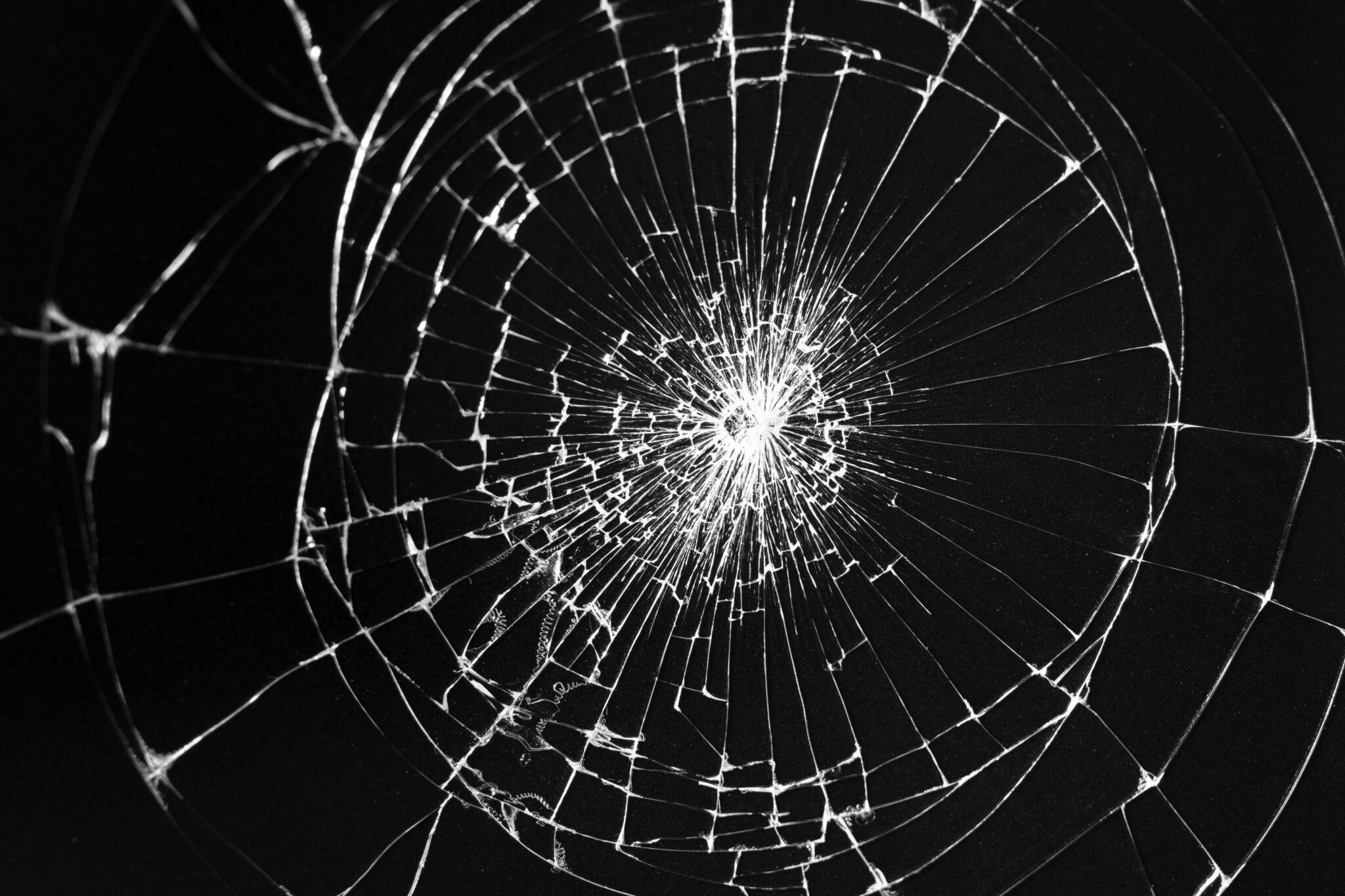Depression is a mental illness that is very common, but it can also be incredibly misunderstood. This is largely because the way that depression is often portrayed and talked about in our culture is very limited. All that most people see when they picture depression is someone who is sad. In reality, however, the illness is much more complex, and can present itself in a lot of different ways, even from person to person. One of the ways that people are often surprised to see depression rearing its head is in the form of anger and irritation.
While it’s very widespread to experience feelings of anger in relation to depression, people don’t always expect it and are sometimes taken aback, both people that are experiencing depression themselves and their loved ones. However, when you have a better understanding of depression and how it affects someone’s mental state, it’s easy to see where these emotions come from, and what to do about them!
What Feelings Does Depression Cause?
Most people associate depression with pure sadness, but that’s a bit of an oversimplification. In reality, depression as an illness is much more multifaceted than that. It’s less about someone being overwhelmingly sad and more about them losing the ability to feel positive. They start to lose access to emotions like joy, excitement, anticipation, and satisfaction, and everything begins to have a negative tinge on it. Depression also affects the physical body, causing extreme fatigue, insomnia, appetite changes, and even random aches, pains, and feelings of sickness.
Any number of emotions can rise out of that experience, sadness included. However, people with depression can also feel angry and irritated, exasperated, hopeless, bitter, or simply apathetic– a lack of emotion altogether. At its most basic form, depression is a source of intense emotional pain, and that can come to the surface in many different feelings.
Why Does Depression Sometimes Cause Anger?
So, people can often feel angry when they’re depressed. Why is that? To understand, you have to think about the mindset of someone who has depression. All of the good things in their life no longer make them feel anything positive, no matter how much they try to be happy and grateful. Meanwhile, all of the negative things in their life– sources of stress, things that cause them pain– have been magnified, and they can’t seem to get away from them. They’re struggling to do things that were once easy for them, even as simple as getting up in the morning, and everything in life feels hopeless and pointless. In that context, it makes perfect sense why someone with depression would get angry. Most people would.
On top of this, people can often feel angry with themselves for even having depression. Many people feel it reflects badly on them as a person, showing weakness, laziness, or ingratitude, and they can feel furious at not being able to will themselves into feeling better. No matter how untrue this is, the belief that having depression is someone’s own fault and that it makes them a bad person is incredibly pervasive, and it can make dealing with depression even more difficult.
Depression is also a one-way ticket to feeling deeply misunderstood by the people around you. Well-meaning friends and loved ones will often dismiss someone’s struggles, or tell them that they need to try harder to see the positives, not realizing that the person would if they were able to. This isolation and ignored pain can often be a source of anger and annoyance in people with depression as well.
What to Do About Depression
No matter what form depression shows up in, it is a very treatable illness, and it’s possible to recover from it and start to feel better again. There are many options out there today for treatment, including different kinds of talk therapy, lifestyle changes, and medications. There are even alternative or secondary treatments that can be effective for people who haven’t gotten the desired results from traditional methods. Transcranial magnetic stimulation is one that can be enormously helpful. You can learn more about it here!
While it can be simpler to imagine depression as a problem of sadness, real life rarely cooperates with simplicity, and anger and depression frequently go hand in hand. However, everyone deserves the chance to recover from depression, and as we as a society grow to understand each other better and develop new methods of treatment, that will become more and more possible!

